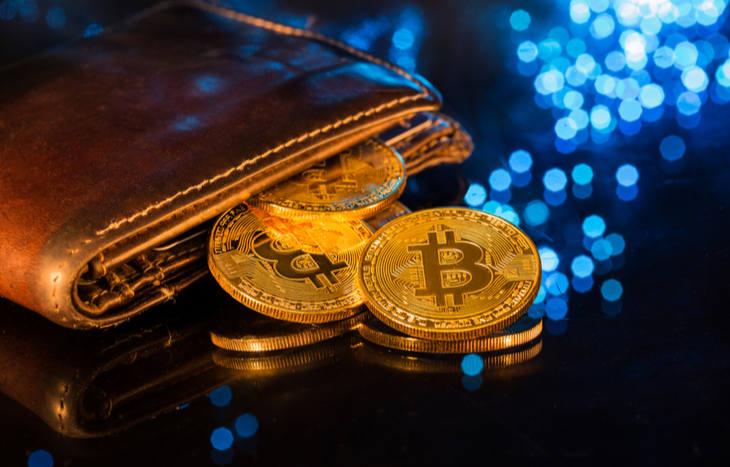After a tough first quarter, investment app Robinhood is doubling down on new product launches, particularly in the crypto unit, hoping they will help propel the company. CEO Vlad Tenev announced the company’s plans to roll out non-custodial crypto wallets at the Permissionless DeFi conference in Florida today, starting with a waiting list already open.
The market environment is challenging for the company as trading volumes have plummeted. Robinhood’s net income was down 43% to $299 million in the first quarter, with crypto trading revenue specifically declining 39% to $54 million (meaning crypto trading accounted for about 18% of Robinhood’s total revenue by the end of March). She represented).
Robinhood has been actively expanding its crypto arm since the end of the first quarter to attract users and increase trading volume. In the past month, the exchange rolled out custodial crypto wallets to its users, listed four new coins, including Solana and Shiba Inu, and announced it would integrate with the Bitcoin Lightning Network to enable faster transactions with lower fees.

Twenty-two million customers are interacting with its crypto products today, Robinhood CTO Johann Kerbrat told blog line in an interview. With a custodial wallet, Robinhood holds the private key on behalf of a user, meaning users can invest in crypto by tracking the price movements. Still, they cannot transact directly with their cryptocurrency.
Now that it is launching a non-custodial wallet, users can access and manage their digital assets, including cryptocurrencies and decentralized apps (dApps), including NFTs, Kerbrat said. Kerbrat sees two key differentiators for Robinhood’s non-custodial wallet: the easy-to-use design and the no-cost installation for customers.
The rollout will begin at the end of the summer, he added. The company aims to have the wallet available to all users worldwide by the end of 2022.
Coinbase, another popular crypto exchange, also offers two types of wallets – custodial and non-custodial – in two different apps, the latter of which is Coinbase Wallet. Coinbase Wallet is free to use but charges individual transaction fees to users.
On the other hand, Robinhood does not charge its customers for using its non-custodial wallet, including network fees for trading and exchanging crypto, Kerbrat said.
The Robinhood non-custodial wallet, which Kerbrat says has still not been officially named, will work as a standalone app. In addition to allowing users to store NFTs in the wallet, it will also serve as a connection point to the decentralized financial (DeFi) ecosystem, giving customers access to DeFi protocols that allow them to earn a return on their coins by borrowing or investing. They said Kerbrat.
To create an account, he added that users are not required to share any personal information with the exchange unless they choose to connect their non-custodial wallet to their Robinhood app.
“We want to ensure that there is still a good relationship between the two products. If you want a ramp or an exit from fiat to crypto, you can use Robinhood, but you’re not forced to do it,” Kerbrat said.
Kerbrat hopes today’s announcement will encourage dApp developers and protocols to integrate with Robinhood’s wallet.
“We still think the mpeople don’t use non-custodial wallets is thbecause too complicated on top of the costs everywhere. And so we don’t want to do just any project – we want to help understand what’s going on and integrate with dApps.
Shares of Robinhood rose more than 20% last week after FTX, a crypto exchange run by billionaire Sam Bankman-Fried, announced it had bought a 7.6% stake in the company. The stock was trading at around $10 a share Tuesday around noon EST, still well below its 52-week high of $85.





